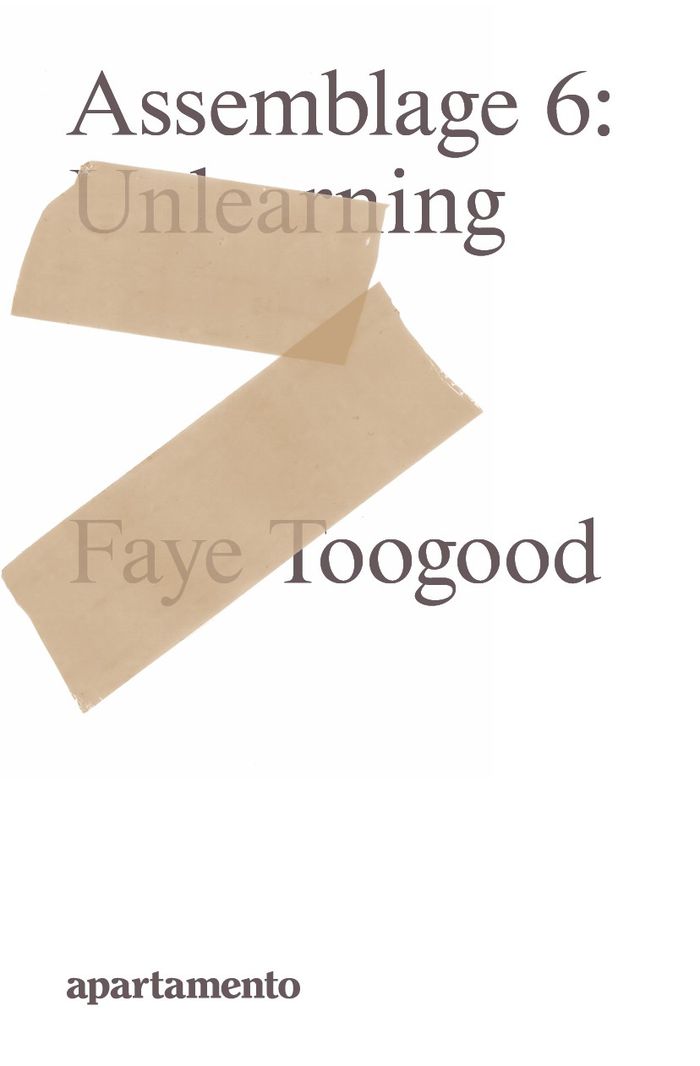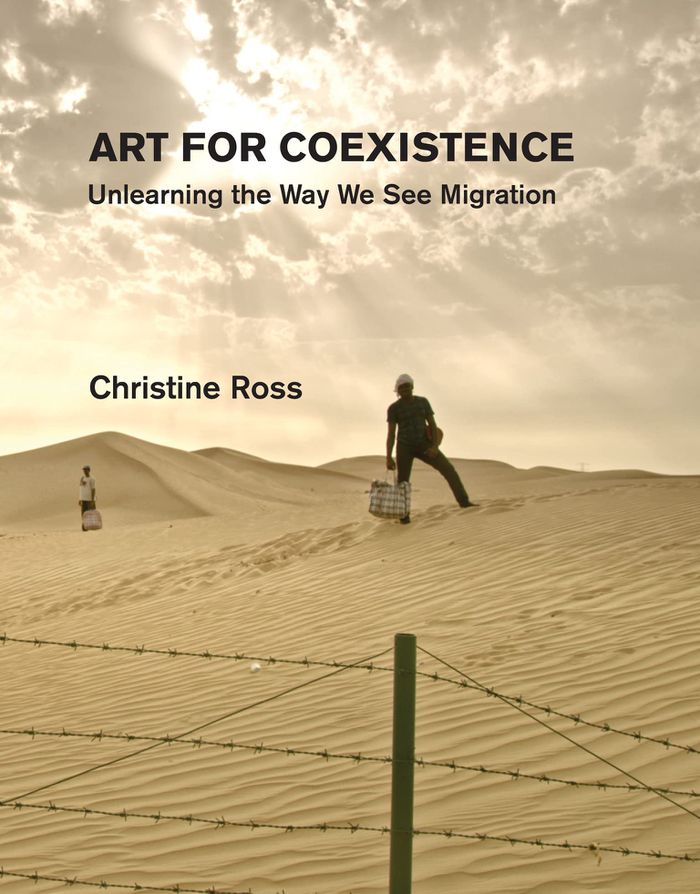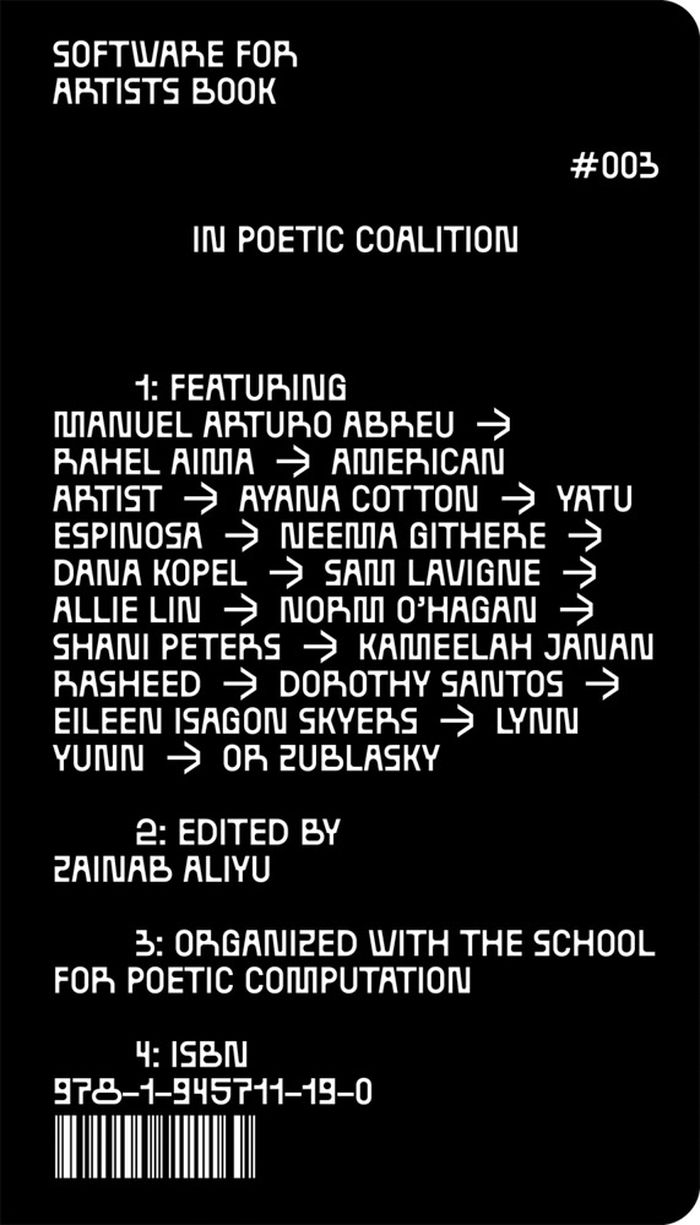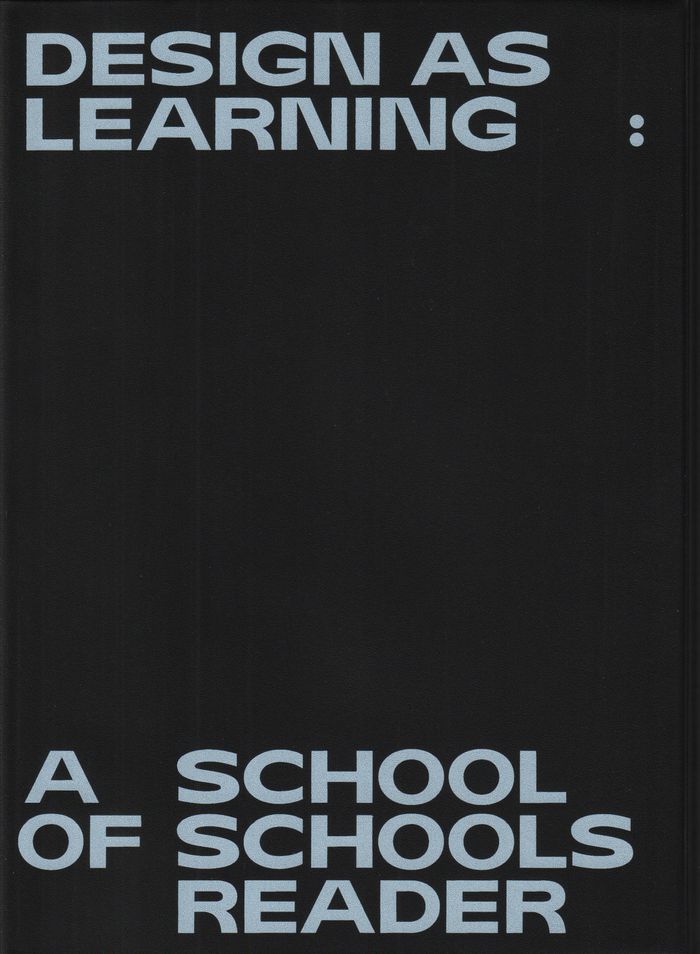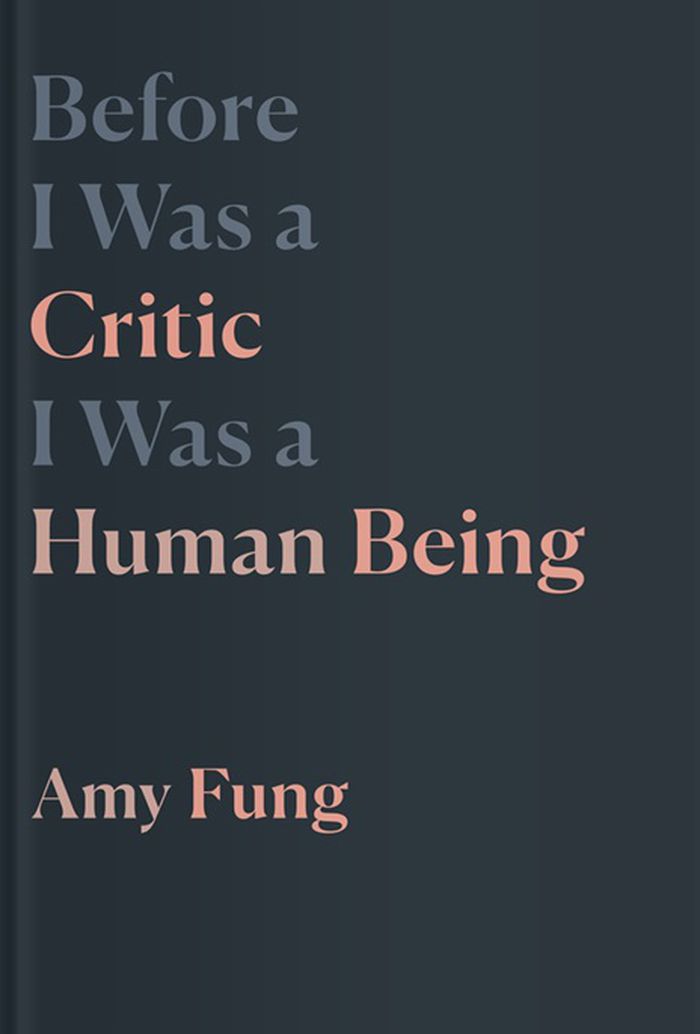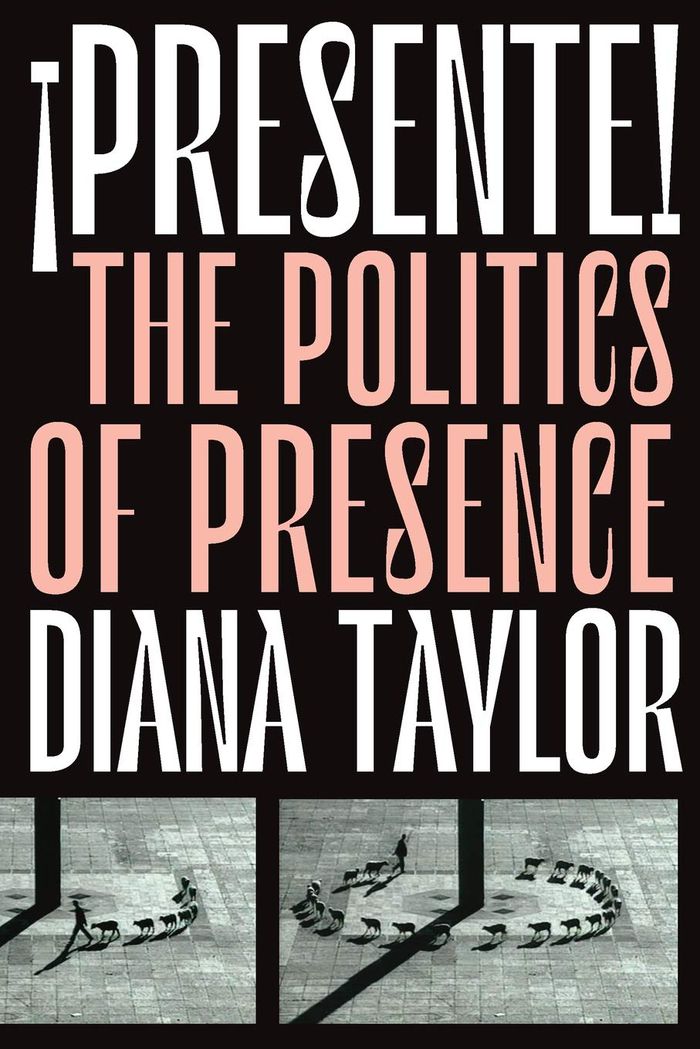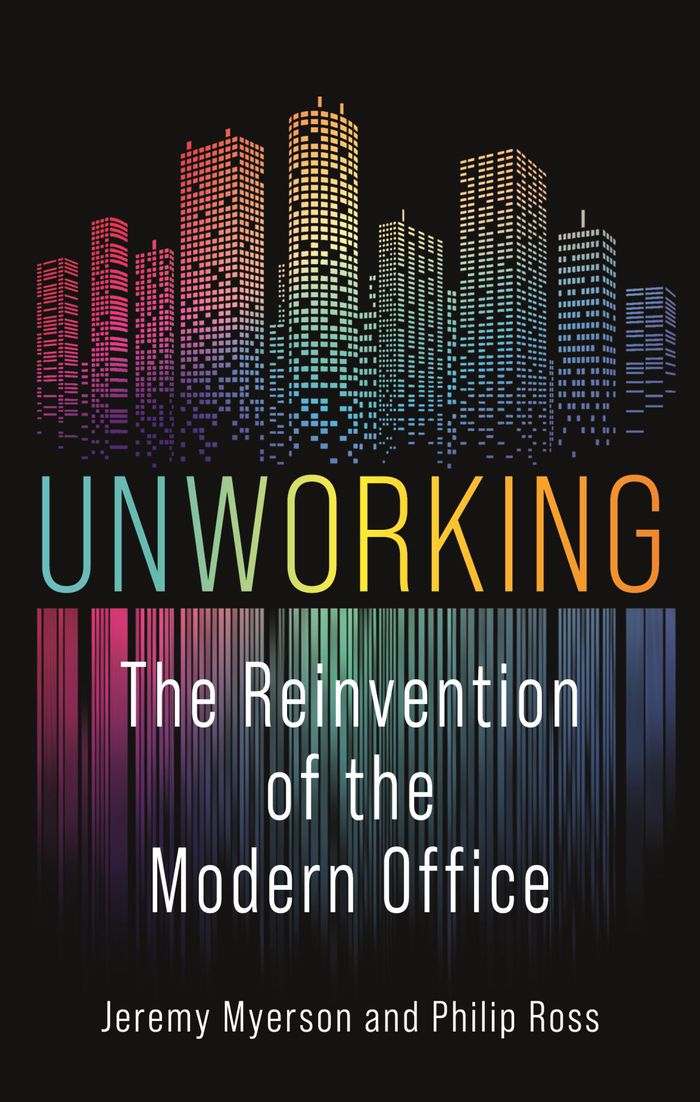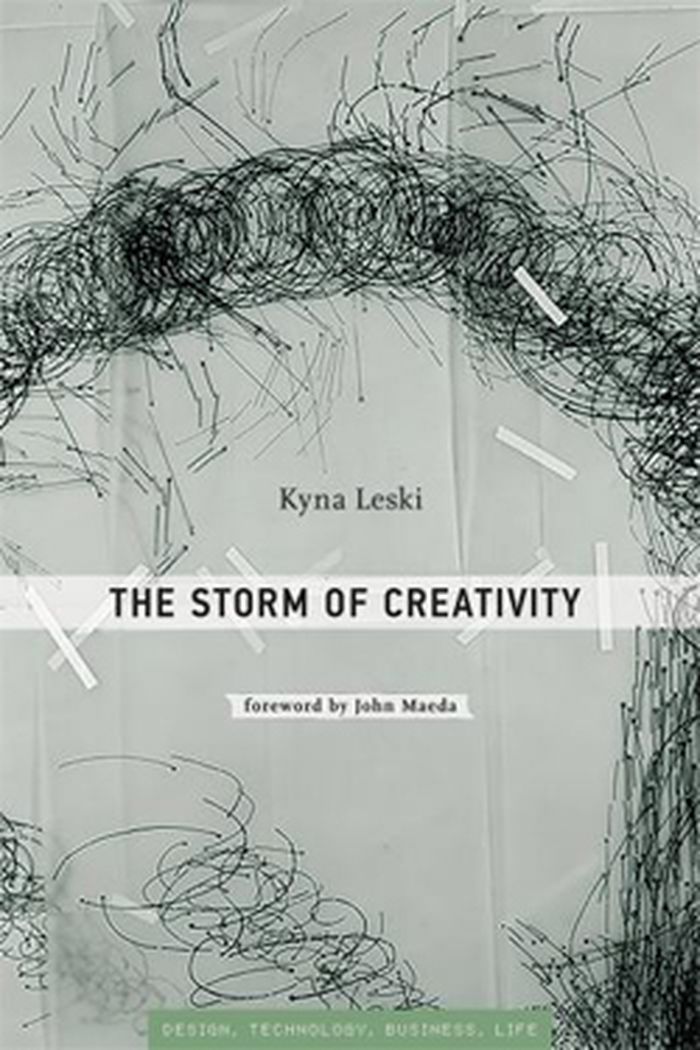$58.95
(disponible sur commande)
Résumé:
This book captures the raw moment of inception behind a designer’s collection. 'Assemblage 6' started off with almost 300 maquettes: chairs, lamps, stools, or daybeds made of wire, cardboard, tape, and canvas, or the everyday materials to be found in Faye Toogood’s studio. Seventeen were chosen to be scaled up to life-size works, and here we have an immersive journey(...)
Faye Toogood: Assemblage 6, unlearning
Actions:
Prix:
$58.95
(disponible sur commande)
Résumé:
This book captures the raw moment of inception behind a designer’s collection. 'Assemblage 6' started off with almost 300 maquettes: chairs, lamps, stools, or daybeds made of wire, cardboard, tape, and canvas, or the everyday materials to be found in Faye Toogood’s studio. Seventeen were chosen to be scaled up to life-size works, and here we have an immersive journey through all the original maquettes and their occasional passage into the real world of furniture/sculpture, a book that plays with the sense of dissimulation evident in the final artworks, or the fact that some objects are not always what they seem at first glance.
Design, monographies
$35.95
(disponible en magasin)
Résumé:
Anti-racist design interventions can be difficult. Well-intentioned conversations can fuel tensions, activate racialized trauma, and lead to misunderstandings, especially in spaces not typically focused on diversity, equity, and inclusion. Even when progress is made, white supremacy culture can resurface. We need anti-racist guidelines and approaches that lay bare(...)
Racism untaught: Revealing and unlearning racialized design
Actions:
Prix:
$35.95
(disponible en magasin)
Résumé:
Anti-racist design interventions can be difficult. Well-intentioned conversations can fuel tensions, activate racialized trauma, and lead to misunderstandings, especially in spaces not typically focused on diversity, equity, and inclusion. Even when progress is made, white supremacy culture can resurface. We need anti-racist guidelines and approaches that lay bare racialized systems of oppression and fundamentally disrupt their replication. In Racism Untaught, Lisa E. Mercer and Terresa Moses, two veteran anti-racist educators, deliver this exact approach. Mercer and Moses provide a step-by-step guide to anti-racist interventions in academic, business, and community settings that benefits all participants. Adapted from their successful workshop series and filled with concrete examples and ample case studies, their book teaches participants how to analyze design—and reimagine racialized artifacts, systems, and experiences guided by anti-oppressive principles. They demonstrate how to examine positionality within the context of racism and oppression; help us understand how design can reinforce and perpetuate oppression; and reveal the unique relationship among equity, ethics, and responsibility that constitutes the core value of an anti-racist design discipline. In ''Racism untaught'', Mercer and Moses provide the framework we need to unlearn racialized design practices and move more generatively toward collective liberation.
Théorie du design
$51.00
(disponible sur commande)
Résumé:
In this book, art historian Christine Ross examines contemporary art's response to migration, showing that art invites us to abandon our preconceptions about the current “crisis”—to unlearn them—and to see migration more critically, more disobediently. Viewers in Europe and North America must come to see migration in terms of coexistence: the interdependence of beings.(...)
Art for coexistence: Unlearning the way we see migration
Actions:
Prix:
$51.00
(disponible sur commande)
Résumé:
In this book, art historian Christine Ross examines contemporary art's response to migration, showing that art invites us to abandon our preconceptions about the current “crisis”—to unlearn them—and to see migration more critically, more disobediently. Viewers in Europe and North America must come to see migration in terms of coexistence: the interdependence of beings. The artworks explored by Ross reveal, contest, rethink, delink, and relink more reciprocally the interdependencies shaping migration today—connecting citizens-on-the-move from some of the poorest countries and acknowledged citizens of some of the wealthiest countries and democracies worldwide. Ross argues that art invents a set of interconnected calls for more mutual forms of coexistence: to historicize, to become responsible, to empathize, and to story-tell.
Théorie de l’art
$36.00
(disponible sur commande)
Résumé:
With a focus on labor organizing within the arts and tech industries, ''Software for Artists Book 3'' explores the potential of creating alternative networks of education and challenging the material conditions that prevent us from enacting new realities with dignity and security. When we defy existing models for institution-building, what possibilities for gathering can(...)
Théorie de l’art
novembre 2023
Software for artists book: School(s) for poetic computation
Actions:
Prix:
$36.00
(disponible sur commande)
Résumé:
With a focus on labor organizing within the arts and tech industries, ''Software for Artists Book 3'' explores the potential of creating alternative networks of education and challenging the material conditions that prevent us from enacting new realities with dignity and security. When we defy existing models for institution-building, what possibilities for gathering can materialize and what kinds of learning and unlearning can we practice together? Released alongside Pioneer Works’ eighth ''Software for Artists Day'' and the School for Poetic Computation’s 10th anniversary in November 2023, the book convenes educators, labor organizers and artists exploring experimental learning initiatives to be in solidarity and conversation with each other.
Théorie de l’art
$34.95
(disponible sur commande)
Résumé:
Why do design? What is design for? In a world of dwindling natural resources, exhausted social and political systems, and an overload of information there are many urgent reasons to reimagine the design discipline, and there is a growing need to look at design education. Learning and unlearning should become part of an ongoing educational practice. We need new proposals(...)
Design as learning: a school of schools reader
Actions:
Prix:
$34.95
(disponible sur commande)
Résumé:
Why do design? What is design for? In a world of dwindling natural resources, exhausted social and political systems, and an overload of information there are many urgent reasons to reimagine the design discipline, and there is a growing need to look at design education. Learning and unlearning should become part of an ongoing educational practice. We need new proposals for how to organize society, how to structure our governments, how to live with, not against, the planet, how to sift fact from fiction, how to relate to each other, and frankly, how to simply survive.
Muséologie
$20.00
(disponible en magasin)
Résumé:
''Before I was a critic I was a human being'' is the debut collection of essays by Amy Fung. In it, Fung takes a closer examination at Canada’s mythologies of multiculturalism, settler colonialism, and identity through the lens of a national art critic. Following the tangents of a foreign-born perspective and the complexities and complicities in participating in ongoing(...)
Before I was a critic I was a human being
Actions:
Prix:
$20.00
(disponible en magasin)
Résumé:
''Before I was a critic I was a human being'' is the debut collection of essays by Amy Fung. In it, Fung takes a closer examination at Canada’s mythologies of multiculturalism, settler colonialism, and identity through the lens of a national art critic. Following the tangents of a foreign-born perspective and the complexities and complicities in participating in ongoing acts of colonial violence, the book as a whole takes the form of a very long land acknowledgement. Taken individually, each piece roots itself in the learning and unlearning process of a first generation settler immigrant as she unfurls each region’s sense of place and identity.
Social
$39.95
(disponible sur commande)
Résumé:
In ''¡Presente!: the politics of presence'' Diana Taylor asks what it means to be physically and politically present in situations where it seems that nothing can be done. As much an act, a word, an attitude, a theoretical intervention, and a performance pedagogy, Taylor maps ''¡Presente!'' at work in scenarios ranging from conquest, through colonial enactments and(...)
¡Presente!: the politics of presence
Actions:
Prix:
$39.95
(disponible sur commande)
Résumé:
In ''¡Presente!: the politics of presence'' Diana Taylor asks what it means to be physically and politically present in situations where it seems that nothing can be done. As much an act, a word, an attitude, a theoretical intervention, and a performance pedagogy, Taylor maps ''¡Presente!'' at work in scenarios ranging from conquest, through colonial enactments and resistance movements, to present moments of capitalist extractivism and forced migration in the Americas. ''¡Presente!''—present among, with, and to; a walking and talking with others; an ontological and epistemic reflection on presence and subjectivity as participatory and relational, founded on mutual recognition—requires rethinking and unlearning in ways that challenge colonial epistemologies. Showing how knowledge is not something to be harvested but a process of being, knowing, and acting with others, Taylor models a way for scholarship to be present in political struggles.
Théorie/ philosophie
$30.00
(disponible sur commande)
Résumé:
Over the past one hundred years, the office has been integral to the development of modern society. It has shaped the architecture of our cities, the behavior of our organizations, and the everyday movements of millions of people. In 2020, however, the global pandemic brought our attendance in the office to an abrupt halt and triggered a complete reevaluation of the(...)
octobre 2022
Unworking: The reinvention of the modern office
Actions:
Prix:
$30.00
(disponible sur commande)
Résumé:
Over the past one hundred years, the office has been integral to the development of modern society. It has shaped the architecture of our cities, the behavior of our organizations, and the everyday movements of millions of people. In 2020, however, the global pandemic brought our attendance in the office to an abrupt halt and triggered a complete reevaluation of the purpose of the workplace. This book offers a panoramic view of the office and explores what happens next. The authors advance a manifesto for “unworking”—unlearning old habits and rituals established for an outdated office and crafting and creating new ones fit for an age of digital technology, design innovation, and diverse workforces.
The storm of creativty
$32.95
(disponible sur commande)
Résumé:
Leski sees the creative process as being like a storm; it slowly begins to gather and take form until it overtakes us, if we are willing to let it. It is dynamic, continually in motion; it starts, stops, rages and abates, ebbs and flows. In illustrations that accompany each chapter, she maps the arc of the creative process by tracing the path of water droplets traveling(...)
The storm of creativty
Actions:
Prix:
$32.95
(disponible sur commande)
Résumé:
Leski sees the creative process as being like a storm; it slowly begins to gather and take form until it overtakes us, if we are willing to let it. It is dynamic, continually in motion; it starts, stops, rages and abates, ebbs and flows. In illustrations that accompany each chapter, she maps the arc of the creative process by tracing the path of water droplets traveling the stages of a storm. Leski describes unlearning, ridding ourselves of preconceptions; only when we realize what we don’t know can we pose the problem that we need to solve. We gather evidence—with notebook jottings, research, the collection of objects—propelling the process. We perceive and conceive; we look ahead without knowing where we are going; we make connections. We pause, retreat, and stop, only to start again. To illustrate these stages of the process, Leski draws on examples of creative practice that range from Paul Klee to Steve Jobs, from the discovery of continental drift to the design of Antoni Gaudí’s Sagrada Familia. Creativity, Leski tells us, is a path with no beginning or end; it is ongoing. This revelatory view of the creative process will be an essential guide for anyone engaged in creative discovery.
Théorie de l’architecture
